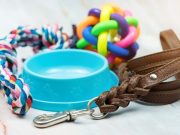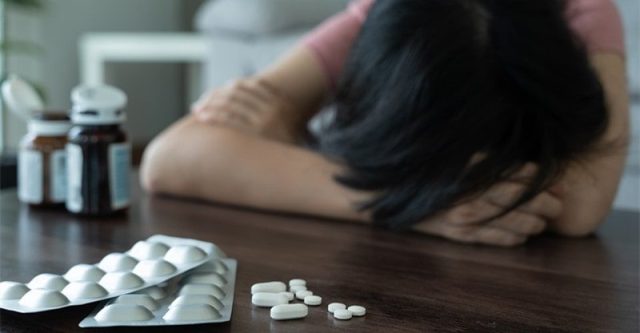Overcoming Drug Addiction: A Path to Recovery
Drug addiction is a serious struggle that impacts millions of people, along with their families and communities. But recovery is possible—with the right help and determination, anyone can break free from addiction and start anew.
This article outlines key steps and strategies to help individuals reclaim their lives from addiction.
What Is Drug Addiction?
Drug addiction is a chronic condition where a person can’t control their urge to use drugs, even when it harms them. Long-term use changes brain chemistry, leading to strong cravings and dependence.
Taking the First Step: Admitting Change Is Needed
Recovery begins with recognizing the problem and committing to change. This means:
- Facing underlying emotional or mental health issues
- Finding healthier ways to cope
- Practicing self-care
- Reaching out for professional help
Finding Professional Help
Treatment and support are crucial. Options include:
- Rehabilitation centers
- Counseling and therapy
- Support groups (like NA or SMART Recovery)
For those in Boise, many rehab centers offer personalized care with experienced professionals.
Building a Healthier Life
Recovery isn’t just about quitting drugs—it’s about creating a better lifestyle. Helpful habits include:
- Exercise – Reduces stress and cravings
- Good nutrition – Helps restore physical health
- Positive social connections – Encourages a supportive environment
Healing Emotionally and Spiritually
Many people turn to drugs due to past trauma or emotional pain. Healing involves:
- Meditation and mindfulness
- Yoga or relaxation techniques
- Journaling to process emotions
- Spiritual support (faith-based groups, if applicable)
Preventing Relapse
Relapse is common, but it can be avoided with a strong plan:
- Identify triggers and high-risk situations
- Build a reliable support network
- Have emergency contacts ready
- Know where to get immediate help if needed
How to Support a Loved One in Recovery
If someone you care about is struggling, you can help by:
- Offering encouragement, not judgment
- Helping them find professional resources
- Being patient—recovery takes time
Final Thoughts
Recovery is different for everyone, but with the right steps—understanding addiction, seeking help, living healthily, and preventing relapse—it’s absolutely achievable.
Remember: You’re not alone, and support is always available.




























